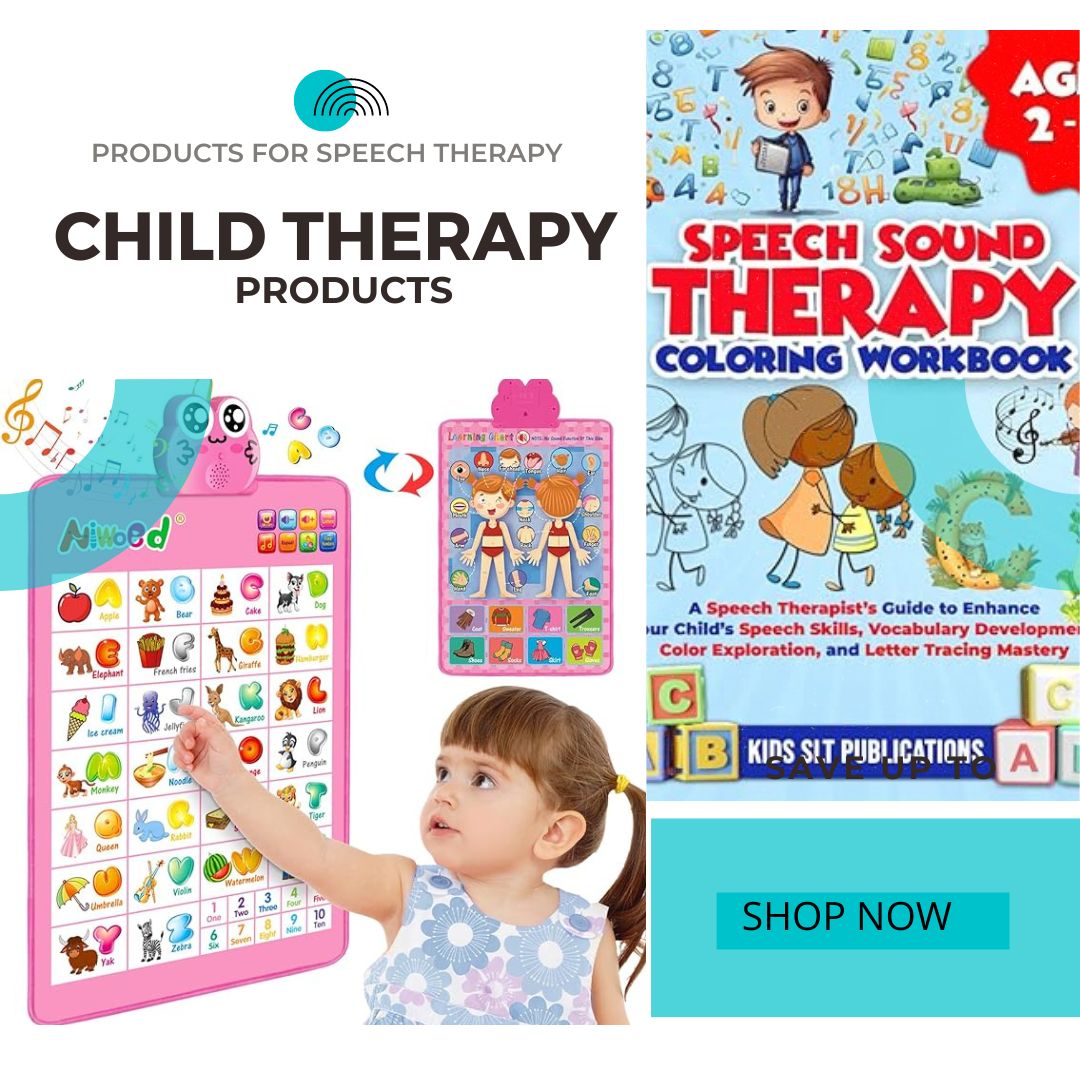Speech therapy is a type of therapy that helps individuals with communication disorders to improve their ability to speak, listen, read, write, and understand language. Speech therapy is a common treatment option for people with a range of conditions, including developmental delays, autism, stuttering, and speech and language disorders. While speech therapy is often used in conjunction with special education services, it is not always considered a form of special education.
Special education is a broad term that refers to a range of educational services and support systems designed to meet the needs of children with disabilities. Special education services may include specialized instruction, assistive technology, behavioral intervention, counseling, and related services such as speech therapy, occupational therapy, and physical therapy. The goal of special education is to provide children with disabilities with the support they need to succeed academically and socially.
Speech therapy is often considered a related service within the context of special education. This means that it is a service that is provided to students with disabilities as part of their overall educational program. However, not all children who receive speech therapy services are considered to be receiving special education services. In some cases, speech therapy may be provided as a standalone service, outside of the special education system.
The decision about whether speech therapy is considered special education depends on a number of factors, including the child’s individual needs and the policies and practices of the school district. In general, speech therapy is considered special education when it is provided as part of an individualized education program (IEP) or a 504 plan.
An IEP is a legal document that outlines the educational goals and accommodations for a student with a disability. The IEP is developed by a team of professionals, including parents, teachers, administrators, and special education professionals. If a student’s communication needs are significant enough to impact their ability to access the curriculum, speech therapy may be included as a related service within the IEP.
A 504 plan is a less formalized plan that provides accommodations and modifications for students with disabilities. While it does not include the same level of individualized support as an IEP, a 504 plan can still provide valuable support for students with communication disorders. Speech therapy may be included in a 504 plan if the student’s communication needs require it.
In some cases, speech therapy may be provided as a standalone service, outside of the special education system. For example, a child with a mild speech disorder may receive speech therapy services as part of a general education program. This type of speech therapy is not considered special education because it is not part of an IEP or 504 plan.
While speech therapy is not always considered special education, it is an important service for children with communication disorders. Speech therapy can help children to improve their ability to communicate, which can have a positive impact on their academic and social success. Speech therapy can also help children to develop important social and emotional skills, such as the ability to make friends, express their feelings, and understand social cues.
In addition to speech therapy, there are a variety of other services and supports that may be provided to children with communication disorders as part of special education. These may include assistive technology, such as speech-to-text software or communication devices, as well as behavioral interventions and counseling services.
Ultimately, the decision about whether speech therapy is considered special education depends on the individual needs of the child and the policies and practices of the school district. Whether speech therapy is provided as part of special education or as a standalone service, it is an important tool for helping children with communication disorders to reach their full potential. By providing children with the support they need to communicate effectively, we can help them to succeed academically and socially, and to lead fulfilling and meaningful lives.




